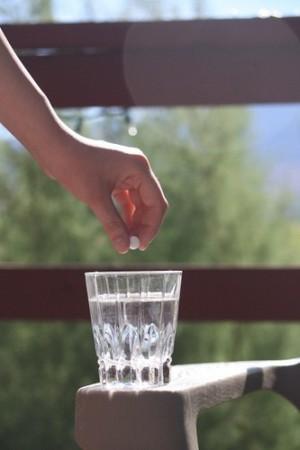
New drug can help cure advanced leukaemia, a new study from Australia shows.
Results of an early trial showed that the drug ABT-199 effectively cleared cancer in a significant number of patients affected with chronic lymphocytic leukaemia (CLL).
Chronic lymphocytic leukaemia (CLL) is the cancer of lymphocytes, a type of immune cell produced in the bone marrow (the soft tissue inside the bones). The cancer gradually spreads to the blood and other parts of the body.
The new drug is the result of an initiative taken by researchers from Walter and Eliza Hall Institute in Melbourne and a team of American researchers. During the trial, nearly 67 patients with advanced chronic lymphocytic leukaemia (CLL) received the drug. All patients in the study had 11 unsuccessful chemotherapy sessions before joining the trial.
Researchers, while presenting their findings at the American Society of Haematology annual meeting in New Orleans, announced the success of ABT-199 in phasing out cancer in 23 percent of the patients participated in the phase 1 trial of the study. Moreover, the drug also helped partially controlling cancer in another 61 percent of the participants, The Sydney Morning Herald reported.
The drug destroys cancer cells by targeting a protein known as Bcl-2, a high expression of which has been identified in patients with chronic lymphocytic leukaemia (CLL).
"Patients on the trial were typically incurable, with an average life expectancy of up to 18 months, so to see complete clearance of cancer in nearly one quarter of these patients after taking this single therapy is incredibly encouraging," John Seymour, Peter MacCallum Cancer Institute chair of haematology, told smh.com.
Researchers hoped that the drug can also be used in treating other types of cancers that depends on the Bcl-2 protein, including breast and prostate cancer.

















